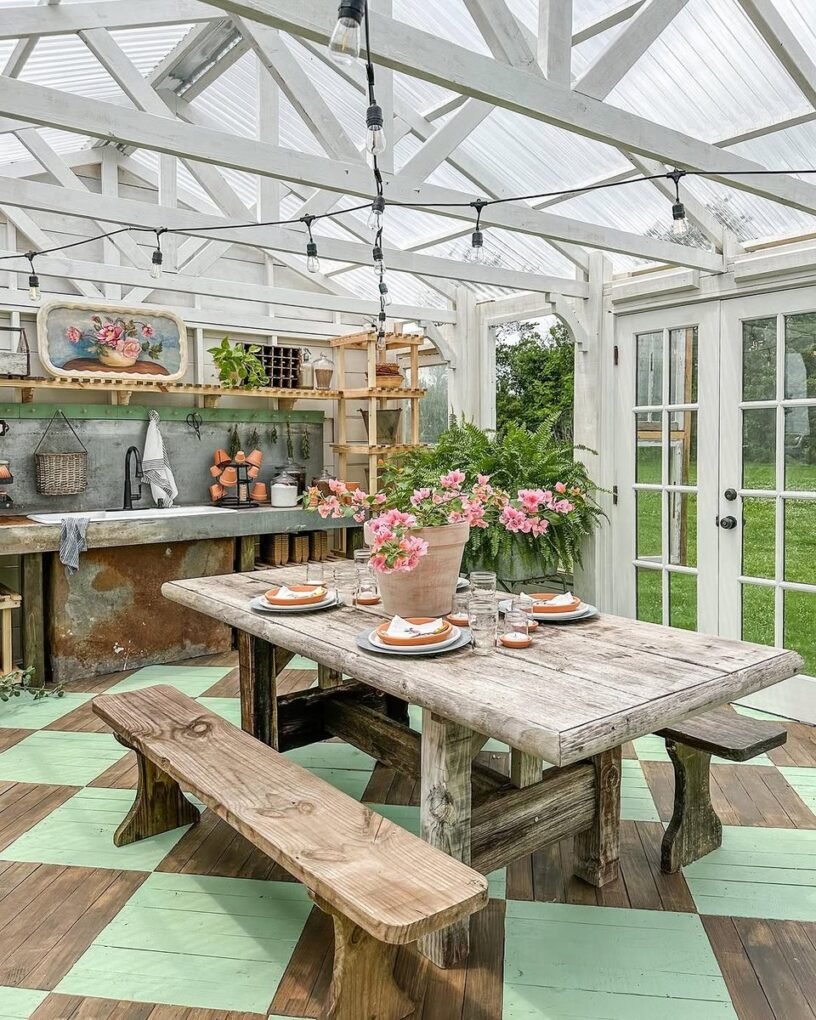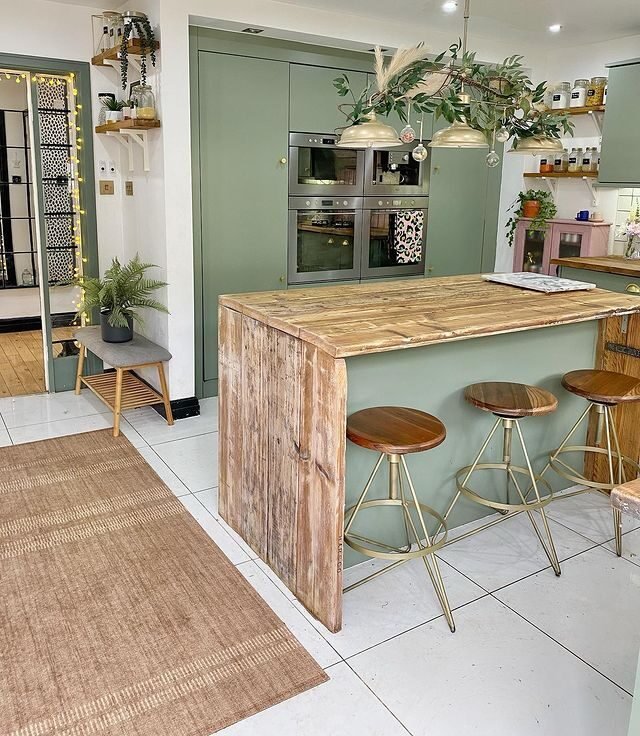Maintaining home safety is a team effort that requires everyone's involvement. There are several factors to consider to make sure that everyone in the family is secure at home. Smoke alarms, locked cabinets for weapon safety, and keeping dangers out of the way are all important aspects to safeguard your family's health and safety. Similarly, having safety regulations in place at home is another approach for all of the members to guarantee that everyone is safe.

There are greater safety issues, particularly in houses with children and old people, and the owner should take additional safety precautions. Read the list of six common household safety dangers and find convenient and simple solutions for keeping yourself and your family safe.
Jump to:
1. Keep The Doors Locked At All Times
Even if you live in a safe area, keeping the doors closed is a smart idea. It not only reduces the number of burglaries but also ensures that children are not left alone. Also, having the doors closed will give you peace of mind that your children are safe indoors.
Additionally, garage doors aren't normally the first thing that comes to mind while we think about dangers around the house. However, if not managed properly, these systems, particularly older types, can be dangerous. The weight of a garage door and its different components can be hazardous if the system fails. Look for repair services according to your area. Suppose you live in South Jordan and need to repair your garage door, then find South Jordan garage door repair services and give them a call for a skilled and experienced expert to provide urgent servicing.
2. Keep Water Away From Electrical Equipment
This may seem self-evident to some, not to everyone. Water can conduct electricity, whether you realize it or not, and the two do not pair well! Keep wires, electrical devices, and plugs away from water, whether it's a small amount on the countertop or a bathtub filled with water. While electrical wires should be carefully placed, they may be near water in some buildings. If that's the case, you should be extra cautious.
Any electrical equipment should be kept at least five feet away from a bathtub, basin and use battery-operated appliances rather than electric ones. A Ground Fault Circuit Interrupter should be installed in any damp area of the home, such as toilets, kitchens, laundry rooms, and basements.
3. Make Sure The Alarm Systems Are Operational
Alarm systems are designed to sound an alarm in the event of an attack or change from the natural order of things. Numerous alarm systems on the market are tailored to certain requirements. Smoke detectors, for example, beep when they detect heat from a fire or burned food. Technological improvements have made it much easier to make one's house safer. Motion sensors can also track activity in areas such as the backyard and notify the homeowner.
The majority of these alarm systems are linked to mobile phones, making it easy for the user to decide whether there is a legitimate reason for concern. Carbon monoxide detectors are essential and should be installed in every home. When it detects the odorless, tasteless, and colorless gas, it sounds an alarm.
4. Keep Medicines In Locked Cabinets
Medicine requires special attention at home. No one should take medication storage at home lightly. The drug is dangerous not only to children but also to many adults. People suffer from a variety of issues, some of which, such as psychological issues, can lead to suicidal behavior. As a result, in a family with a suicidal member, it's always a good idea to keep all potentially harmful materials out of sight.
Little ones don't know the difference between medicine and health supplements when it comes to supplements and tablets. Vitamins, for example, are frequently available in candy-like colors and flavors, and both vitamins and supplements can have adverse side effects if not taken correctly. Similarly, elderly individuals take medications for a variety of ailments, and it's important to make sure they're getting the right dosage.
5. Have Family's Emergency Contact List
Every family should have an emergency contact list that is properly typed down or printed and kept in a visible place. If a disaster strikes, family members will be able to immediately scan the list and, if necessary, contact others. Make sure your kids know where they can find this list and how to utilize it if they need it.
Although it is ideal to memorize important contact information such as your parents’ and other family members' numbers in the immediate area. Grandparents, uncles, and cousins can be added to this emergency list of contacts. To be extra prepared, include the phone numbers of area doctors, fire stations, police stations, family physicians, and a group of friends in addition to family contacts.
6. Don’t Give Personal Information On Internet
Internet technology has given many advantages to everyone in terms of increased convenience and the creation of a globalized world. However, the internet is full of risks, and everyone at home should be aware of them to prevent becoming the next victim. It's increasingly difficult for parents and guardians to determine what their children learn via the internet in this period when everyone has cell phones and Internet access.
People's lives have become so involved in the internet that enforcing a safety rule at home prohibiting children from using some internet features may be difficult. However, raising awareness about the risks of the internet will make it safer for the entire family. According to statistics, about 33% of emails and social media users were targets of a cyberattack in 2018. More than half of those surveyed had personal data stolen, including Social Security cards, banking information, and credit card information. For this reason, everyone should be discouraged from providing any private type of information via the internet or allowing someone to their home who they only know through the internet.
Knowing what steps to take makes your job as a family guardian a little less difficult. By following these six home safety recommendations, you can reduce your chances of an accident, avoid overloading your home's power system and keep yourself and your loved ones safe.




